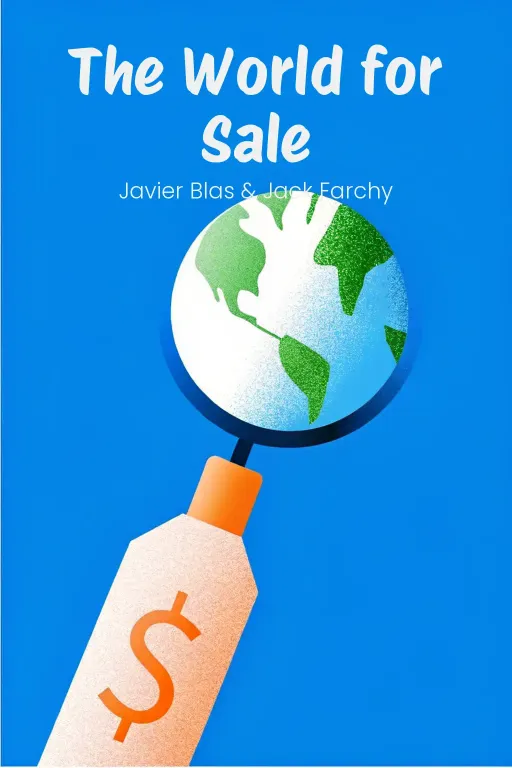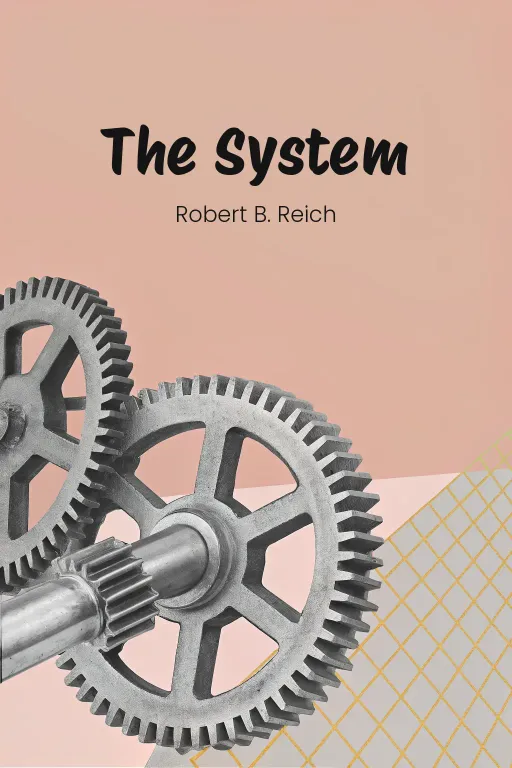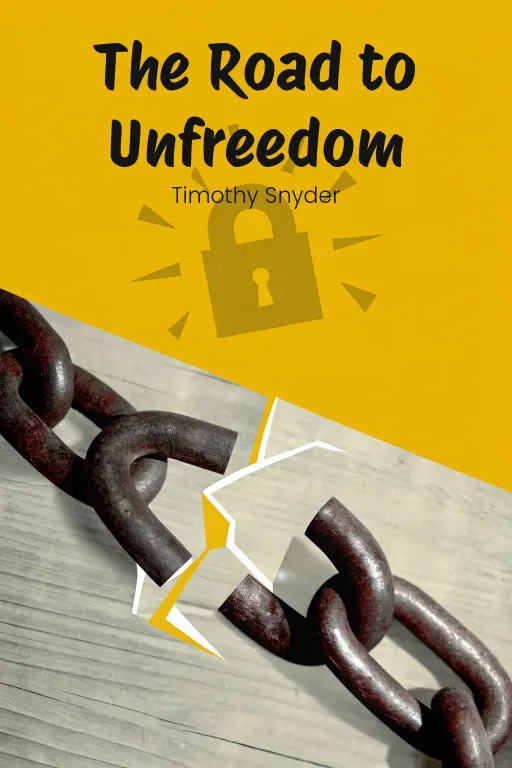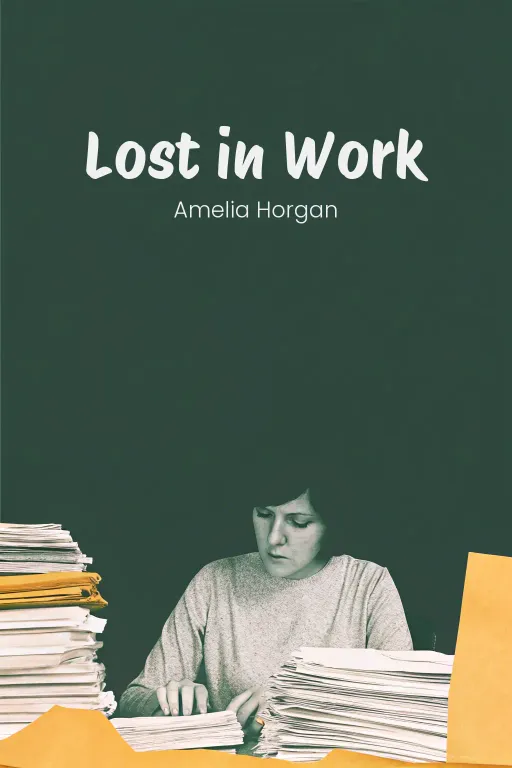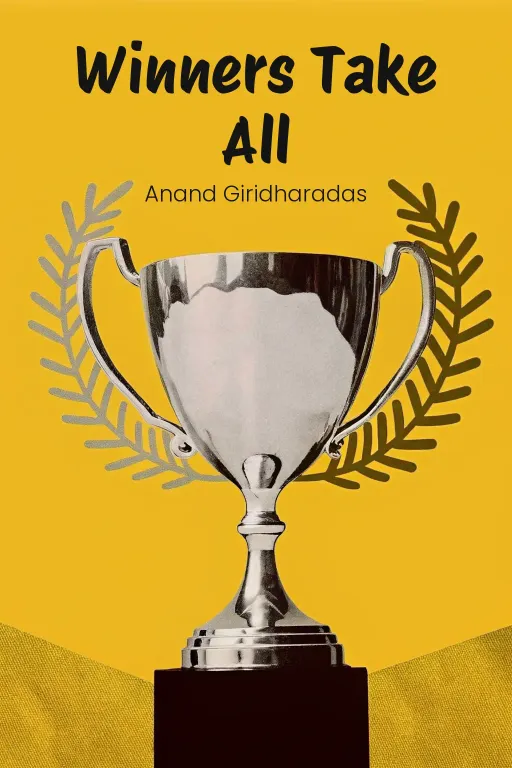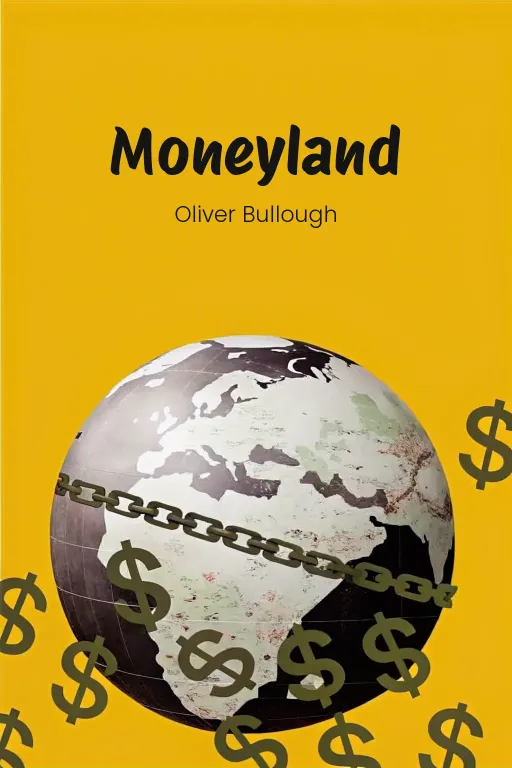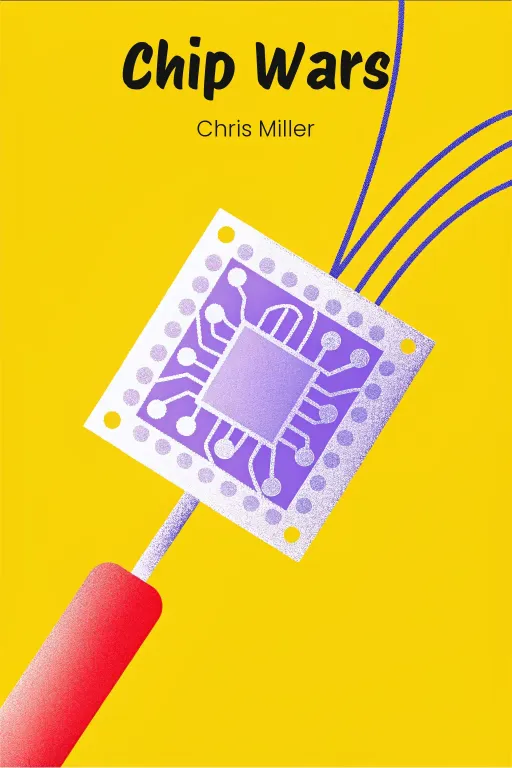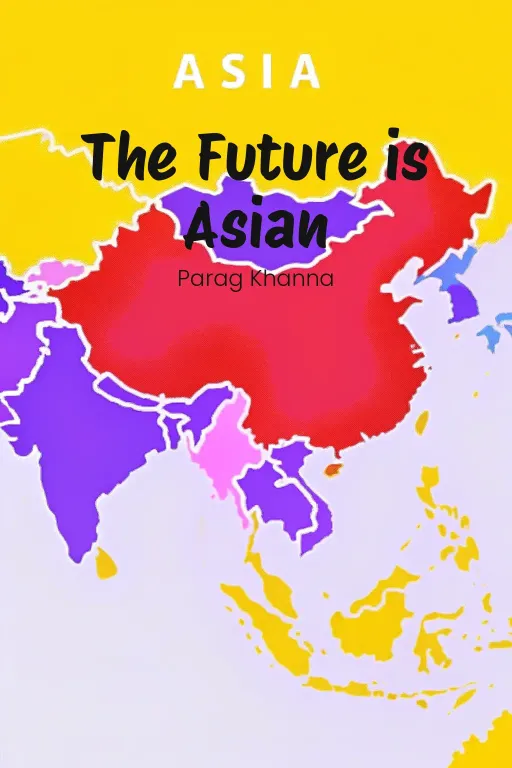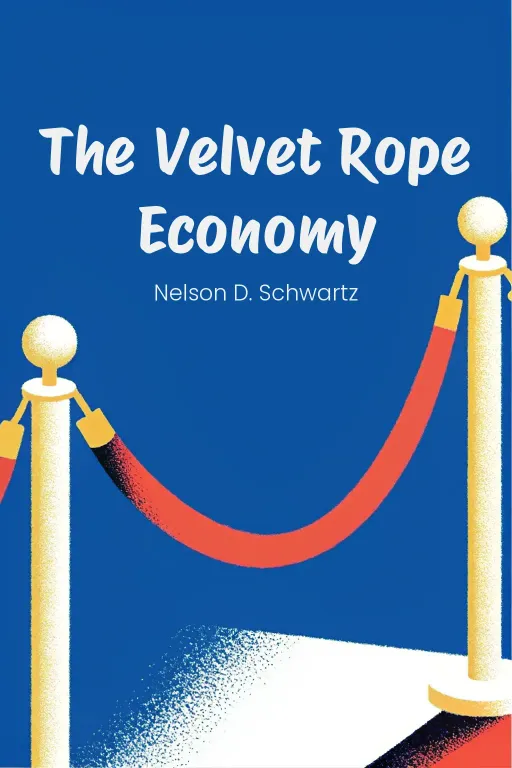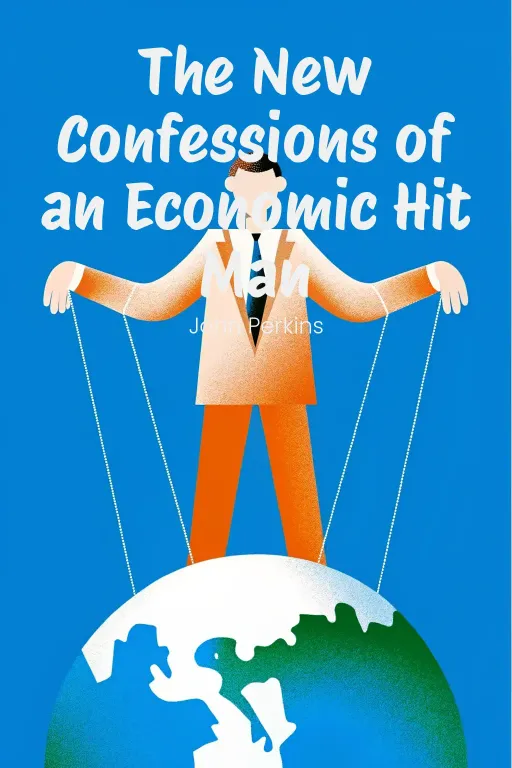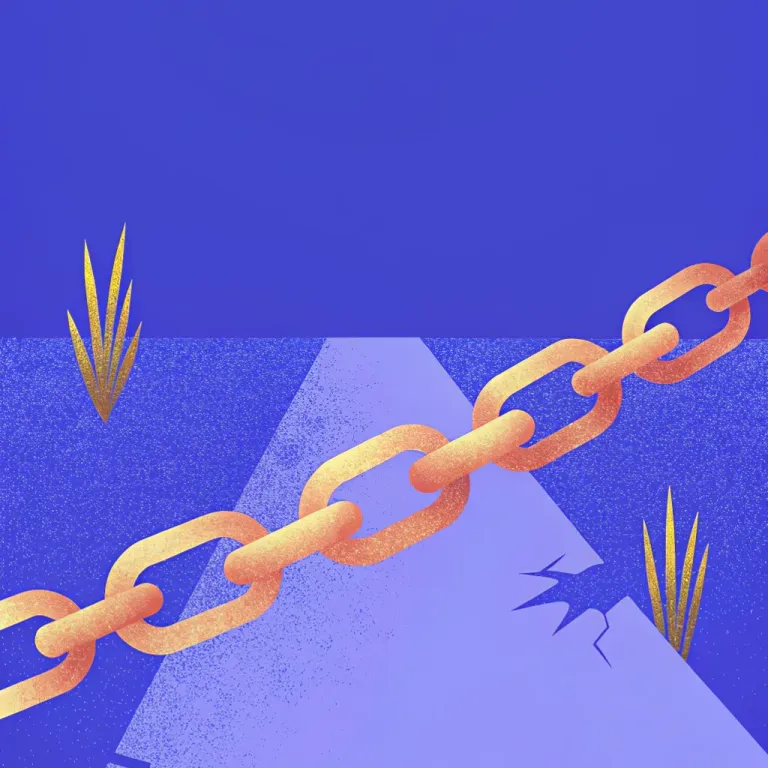
Truth Under Siege: Can Democracy Survive?
Podcast by Let's Talk Money with Sophia and Daniel
Russia, Europe, America
Truth Under Siege: Can Democracy Survive?
Part 1
Daniel: Hey everyone, welcome! Today we're tackling a topic that's constantly in the news, yet feels incredibly complex: the decline of democracies and the rise of authoritarianism. When you see all the stories about disinformation, extremist rallies, or conflicts like the one in Ukraine, do you ever stop and wonder, "How exactly did we get to this point?" Sophia: Or maybe a better question is, "Haven't we seen this movie before?" It often feels like the script is eternally the same. Just update the technology, swap out some old tools for new ones, and boom—here we are again. Daniel: Precisely, Sophia. That brings us to Timothy Snyder's book, “The Road to Unfreedom”. It's essentially a crash course in understanding the present disorder. Snyder lays out this frightening transition from what he terms 'democratic inevitability' – that assumption that democracy is always the victor – to 'authoritarian eternity,' where power latches onto a manipulated past and actively suppresses the future. Sophia: And let's be clear, Snyder isn’t just pointing the finger at Russia or Putin, even though they are major players here. He draws connections to global extremist movements, the manipulation of history, and the rise of oligarchs who are actively eroding trust in democracy itself. Daniel: Right, and that's where we start today. We’ll first examine how democracies around the world have shifted from periods of hope and progress to eras of control and decline. Then, we’ll dive into the philosophical underpinnings of this shift, looking at figures like Ivan Ilyin and how they provide modern autocrats with their ideological weapons. Sophia: And finally, we’re going to break down the tactics involved. Historical myths and weaponized disinformation aren’t just tools. They're the very foundation supporting this resurgence of authoritarianism. Daniel: It’s a bit intense, I know, but honestly, understanding these dynamics is like turning on a light in a dark room. Snyder doesn't just warn us; he challenges us to believe that democratic ideals are not only worth defending, but that they can still be restored. Sophia: Always the optimist, Daniel. Alright, well, we have a lot to discuss. Let's dive in, shall we?
The Shift from Democratic Inevitability to Authoritarian Eternity
Part 2
Daniel: Okay, so let's dive into this idea of "democratic inevitability." After the Cold War, there was this widespread belief that democracy wasn't just an option, but the only natural conclusion for how societies should be governed. Remember Francis Fukuyama's "end of history" concept? The idea that liberal democracy had basically won and would spread everywhere? Sophia: Oh man, that feels like a lifetime ago, doesn't it? Like assuming every kid with a guitar is gonna be the next rockstar. But what Snyder does brilliantly is show how that optimism didn't just fade—it completely imploded under its own weight. Think about the 2008 financial crisis. That was a major turning point, wasn't it? Daniel: Definitely. The 2008 crash really exposed the cracks in the global economic system, which, of course, was closely tied to democratic ideals. The promise of democracy wasn’t just about political freedom, right? It also implied economic stability and opportunity. If you bought into the system, you’d prosper. But when the crisis hit… well, the curtain was pulled back. Sophia: Exactly, and people lost more than just money. They lost faith. Faith in institutions, in their leaders, in the whole idea of a fair system. And the crisis hit some harder than others, didn't it? Snyder highlights how inequality, which was already a problem, went through the roof. The elite, the supposed stewards of democracy, came out mostly unscathed. And everyone else? Not so much. Daniel: Right. Snyder uses Eastern Europe as a prime example. After the Cold War, these countries were promised Western-style democracy and economic integration. "Join us," they were told, "rebuild your institutions, and you'll flourish." But instead, many were plagued by corruption, economic stagnation, and a general sense of disappointment. Sophia: So then, who shows up? Populists. Far-right leaders, ready to capitalize on that frustration, saying, "Democracy's the problem! What you need is strong leadership to make the nation great again!" It's like offering junk food to someone who's starving – it's terrible for you long term, but it hits the spot in that moment of desperation. Daniel: Precisely. Snyder talks about figures like Viktor Orbán in Hungary. He didn't just criticize democratic institutions, he systematically took them apart, all while playing up fears about immigration and cultural erosion. And we've seen this replicated in other places too, right? Italy, France, and even in the US during the Trump presidency. Sophia: Ah yes, Trump. The "Populist-in-Chief," if you will. Snyder paints a pretty harsh picture, doesn't he? Trump's rhetoric wasn't just about shaking up the establishment to instigate change. It was about widening the divides, making institutions seem like symbols of elitism and evil. And we can't forget his fondness for oligarchs and autocrats. Daniel: And that brings us to Snyder's concept of "eternity politics," which is the shift from inevitability to this idea. Eternity politics isn't about building a better future; it's about trapping society in a never-ending cycle of fear, resentment, and nostalgia. Sophia: Okay, let me guess – this is where Russia comes in. Daniel: You know it. Vladimir Putin is like the poster child for eternity politics. Snyder shows how Putin – and others like him – strategically uses history to paint Russia as a constant victim of the West. Think about the annexation of Crimea. Remember how that was framed in Russian media? Sophia: Oh, it wasn't an illegal land grab; it was "reclaiming what was always Russian," right? A heroic act against those nefarious Ukrainian radicals and their Western puppet masters. I mean, what says justice more than rolling tanks into another country? Daniel: Exactly. It wasn't just about the territory though. Crimea was a brilliant move to solidify power at home. Putin used this victory to ignite national pride and, at the same time, ramp up censorship and crackdowns. It all relies on this idea that Russia is constantly under threat from these external enemies – NATO, the EU, the US. It's a cycle of paranoia that keeps the system running. Sophia: And it works. That's what's truly frightening. Whether it's Putin, Orbán, or even someone like Marine Le Pen, they're all using the same psychological trick. Convince people that the past was fantastic, the present is under attack, and only I can save the future. Daniel: But there's another layer to it: the manipulation of historical narratives. It's not just about cherry-picking events; it's about creating entire false worldviews. Take Ivan Ilyin, for example. Most people probably haven't heard of him, but Snyder explains how his philosophy is fundamental to modern Russian authoritarianism. Sophia: Ilyin – the guy who argued that democracy doesn't fit Russia because it lacks a "spiritual leader," right? Basically, a philosopher who just told autocrats exactly what they wanted to hear. Daniel: Exactly. He envisioned a morally pure Russia led by a near-mythical figure, someone who embodies the spirit of the nation. Putin has really latched onto this, using Ilyin's ideas to portray himself as the only thing standing between Russia and complete chaos. Sophia: And he's not exactly subtle about it. Putin loves his historical reenactments. The Great Patriotic War parades – which, let's face it, are more about modern Russia than World War II – and the constant references to imperial glory. He doesn't just revise history, he weaponizes it. Daniel: Absolutely. Snyder points out how Russia frames World War II as this moral touchstone. It's not just about honoring the past, it's about controlling the present. NATO expansion? Painted as a betrayal of Russia’s wartime sacrifices. Interventions in Ukraine? Justified as fighting neo-Nazis… the irony is completely lost. Sophia: So, let me get this straight: rewrite history, blame everyone else, stoke fear, and boom – you've got eternity politics. It's diabolical, in a seriously dystopian way. Daniel: And it's not just a Russian thing. Snyder warns that this isn't limited to one region. It's a global trend. Anywhere people feel disillusioned, anywhere they doubt the future, there's a space for eternity politics to take root.
The Ideological Foundations of Modern Authoritarianism
Part 3
Daniel: Understanding this shift really sets the stage for looking at the “ideological” underpinnings of these authoritarian regimes Timothy Snyder really goes deep here, Sophia He doesn't just point out what authoritarianism “looks” like; he gets to the root of it, the philosophy that makes it so resilient and dangerous A key figure he discusses is Ivan Ilyin. Sophia: Ilyin, right? The guy with ideas so perfectly designed for authoritarianism, it's like he was writing propaganda tailored for the 21st century, way back when He's not exactly a household name, though Daniel, give us the quick rundown: who was Ivan Ilyin, and why does Putin seem to be so keen on him? Daniel: Ilyin was a Russian philosopher who emigrated in the early 20th century He lived through the fall of the Russian Empire and the rise of the Soviet Union His ideas were fundamentally anti-democratic, and really centered around three main things: the role of will and violence in leading, the leader as a mystical embodiment of the nation, and the idea that collective unity trumps individual liberty, every time. Sophia: So, he's basically the intellectual godfather of "might makes right," but with a heavy dose of spiritual grandstanding? Daniel: Pretty much He thought liberal democracy was inherently chaotic and morally corrupt He saw individualism as a kind of poison, disrupting the spiritual and moral unity of the nation His most infamous quote—“Evil begins where the person begins”—really sums up his thinking The idea is that individual rights and aspirations aren't just unimportant; they're actively harmful to the collective. Sophia: Okay, wait a minute That quote, "Evil begins where the person begins," that's not just anti-democracy; that's downright dehumanizing You're telling people their very autonomy is a moral failing. Daniel: Exactly! And Ilyin went on to argue that morality belonged to the state and its leader He believed a strong leader wasn't just a ruler, but a sacred figure embodying the collective will and standing above criticism This allows the leader to justify pretty much anything—no matter how violent or oppressive—because it's supposedly for the greater moral good of the nation. Sophia: So the leader gets a free pass to be authoritarian, and anyone who disagrees becomes an enemy of god, country, and morality Sounds like a great way to make yourself unassailable. Daniel: That's the idea And it doesn't stop there Ilyin also saw history as a constant battle between good and evil, with Russia always cast as the force of good He considered Western ideas—like democracy—to be corrupting influences designed to weaken Russia's moral mission. Sophia: And I bet Putin's reading this guy like it's an autocrat's self-help manual, right? Daniel: More or less Snyder points out that Putin not only brought back Ilyin's work, but actively integrated it into his governance Putin had Ilyin's remains reburied in Moscow to symbolize national importance, endorsed his books being reprinted, and even quotes him in speeches For Putin, Ilyin provides both a intellectual justification and a moral cover for his actions. Sophia: Of course, 'cause nothing says moral high ground like annexing Crimea Speaking of which, that's kind of a textbook example of Ilyin's influence, isn't it? Daniel: Absolutely Putin framed Crimea's annexation not just as a political or strategic move, but as correcting a historical wrong He brought up this narrative of Crimea being inherently Russian territory that was unjustly taken away That goes right back to Ilyin's philosophy of moral destiny and historical grievances. Sophia: Ah, the classic "correcting historical wrongs" argument Because painting tanks as instruments of historical justice makes invasions easier to sell back home, I guess. Daniel: It worked really well, Sophia The narrative wasn't just about geography; it was about identity By portraying Crimea as sacred Russian soil, Putin aligned himself with Ilyin's vision of a leader fulfilling a moral duty And beyond that, he used the annexation to boost domestic support, tighten his grip on power, and justify cracking down on dissent, all under the banner of national unity. Sophia: And let's not forget the propaganda machine Everything Putin does seems to have a coordinated media blitz convincing Russians—and sometimes the world—that any resistance is just proof of the West trying to undermine Russia. Daniel: Exactly Snyder stresses that Ilyin's ideas become tools for controlling the story By using history as a weapon and creating a constant sense of external threat, leaders like Putin keep the population in this psychological loop of fear and loyalty. Sophia: Which, let's face it, is kind of genius if you want to stay in power forever The scary thing is how easily this can be applied elsewhere It's like a blueprint for autocracy, and it's popping up all over the place—Hungary, Turkey, even bits of it in populist rhetoric in the U.S. Daniel: Exactly, Sophia Snyder's not just talking about Putin; he's warning all of us Ilyin's ideas might be Russian in origin, but the temptation to use fear, nostalgia, and resentment to govern is universal When leaders prioritize some mythical idea of unity over individual rights, it's the beginning of the end for democratic ideals. Sophia: And the irony is, it doesn't have to look obviously authoritarian at first It starts small—restricting press freedom here, demonizing opposition there It's like boiling a frog: the democratic system is eroded so gradually that people don't realize it's gone until it's too late. Daniel: That's why Snyder's analysis is so important By understanding the roots of these ideologies, he gives us the tools to recognize them—not just in Russia, but anywhere democracy might be at risk And he shows us that beneath the catchy slogans and clever stories, there's a really deep, calculated philosophy at work.
Geopolitical Strategies and the Weaponization of History
Part 4
Daniel: So, with the groundwork laid, we can move into how these ideas show up in geopolitics today. I’m talking about real-world cases like Crimea and disinformation campaigns, and what they mean for democracies trying to stay strong. Sophia: Right, where philosophy meets, uh, reality. Let's take Crimea. It feels like the quintessential case study, right? Twisting history, spreading fake news, military moves... all in one package. Daniel, can you break down how Putin turned what was, let's be honest, an invasion into some kind of masterclass in "alternative facts?" Daniel: Sure. Putin played a calculated game in Crimea, starting with history. Most people probably know that Crimea was transferred from Russia to Ukraine back in 1954 by Khrushchev. At the time, it was more symbolic within the Soviet Union. But after the USSR collapsed, Crimea stayed with Ukraine, even though most people there spoke Russian. And that created tension. Sophia: Ah, fertile ground for exploitation. So, Russia probably jumped on that tension, right? Something like, "Hey, you belong with us," quickly turning into, "They're the enemy!" Daniel: Exactly. The Kremlin basically invented this idea that ethnic Russians in Crimea were in some kind of danger. After the Ukrainian revolution in 2014, when President Yanukovych got ousted, Russia claimed the new government was a fascist regime and would hurt Russian speakers. It wasn't true, of course. But it created fear and justified their actions. Sophia: And by "actions," we mean tanks rolling in, right? Daniel: Exactly, tanks and the "little green men." The thing is, they weren't regular troops; they were Russian soldiers without any insignias, which gave Putin a way to deny involvement. They took over strategic spots in Crimea while Russian media was busy spreading stories of persecution and Western conspiracies in Ukraine. Sophia: Propaganda is key! What made Russia's disinformation campaign in Crimea so effective? Daniel: It wasn't just the scale of it, but the comprehensive narrative they built, painting a picture that the West orchestrated Ukraine’s revolution and that NATO was using Ukraine to weaken Russia. If you combine it with nostalgia, that Crimea was always part of Mother Russia, it’s pretty effective. Sophia: And then there was that "referendum" to legitimize the annexation. Daniel: Right, the one in Sophiah 2014 where supposedly 97% voted to join Russia. Keep in mind, this vote happened under military occupation, with minimal international oversight and serious irregularities. It was performance rather than actual democracy. And it was designed to legitimize an illegal land grab. Sophia: So, "might makes right," disguised as democracy. Staged votes, manipulating the media, covert military action... It's like authoritarianism-on-demand. Daniel: Precisely, and it blurred lines, not just for people in Crimea but for the rest of the world. Russia's constant messaging muddied the waters, making it hard for other countries to react decisively. Sophia: Which brings us to another infamous case of Russian disinformation that year: Malaysia Airlines Flight MH17. Daniel: Exactly. When MH17 was shot down over Eastern Ukraine in 2014, the evidence pointed to a Russian-made missile fired from a separatist-controlled area. But before investigators released their findings, Russia flooded the world with counter-narratives. Sophia: Oh, I remember that. It was wild. Everything from Ukrainian fighter jets to Ukrainian army incompetence. They even suggested the West staged the whole thing to frame Russia! Daniel: That's the playbook: create chaos by flooding the zone with disinformation. It wasn’t creating a believable story, but to muddy the waters enough that no one know the true. Sophia: In the age of misinfo, the aim isn't to convince people of your truth, but to destroy belief in any truth. Daniel: Exactly. At home, these conflicting narratives helped maintain Putin’s image as the defender of Russia against the West. Meanwhile, internationally, they created division and mistrust between allies, complicating any unified action. Sophia: So, what's the big takeaway when you look at both Crimea and MH17 together? Daniel: That manipulating history and spreading disinformation aren't just tactics -- they're fundamental to how authoritarian regimes like Russia operate. They justify their actions, destabilize their adversaries, and consolidate power. Sophia: And is it fair to say that these tactics are, you know, universal? That any leader can pick them up? Daniel: Absolutely. That’s why Snyder issues a warning to democracies. To counter these strategies, democracies need to fix their structures and their narratives. So, we need to protect historical truth, rebuild trust in institutions, and offer a positive vision of the future. Sophia: Otherwise, eternity politics wins. And once that cycle of fear and grievance kicks in, it’s damn hard to break out of.
Conclusion
Part 5
Daniel: Okay, so let's quickly recap what we've talked about today. We kicked things off with Snyder's point that democracy isn’t seen as a given anymore, right? That whole idea of progress marching forward? It's been replaced by, well, disappointment and a comeback of authoritarianism. Sophia: And the key to all of this is this “eternity politics” thing. Leaders like Putin? They kind of trap their countries in this endless loop of fear and, like, looking back to the past, rewriting history to keep themselves in charge and making the future seem scary. It's not just about controlling the story, I guess, but, fundamentally, about destroying the very idea of truth. Daniel: Exactly, and we also dug into the ideas behind it all, and a lot of this modern authoritarian stuff? It actually goes back to thinkers like Ivan Ilyin. His idea of a nation that's, like, morally pure, led by a leader who can't be questioned? That's the base that leaders like Putin use to, you know, grab power and shut down anyone who disagrees. Sophia: Then, we jumped into some real examples, like Crimea. History, propaganda, military strategy—all mixed together into something pretty terrifying. Throw in a ton of fake information, from sham elections to covering up what happened with MH17, and you see how these regimes basically use, well, chaos as a weapon. Daniel: Snyder's warning here is really serious: these tactics? They're not just for one country or one leader. This whole mix of fake news, messing with history, and fear? It grows wherever people start to lose faith in democracy. Sophia: Which makes you wonder, what's the solution? How do we stop democracy from sliding further into this cycle of complaining and longing for the past? Daniel: Snyder's pretty clear on this: it starts with protecting the truth. That means fighting fake information, calling out when history is being twisted, and really holding onto the hope that democracy can work. If we want to fight against this “eternity politics,” we have to rebuild trust, not just in our governments, but in each other. Sophia: Yeah, it's going to be tough, no doubt. But if we don’t do it, authoritarianism isn’t just a risk. It becomes the default, almost. Daniel: Exactly! Snyder's message is both urgent and hopeful: democracy might not be guaranteed, but the fight to keep it alive? That's still ours to win. So, let’s keep shining that light in the shadows!
